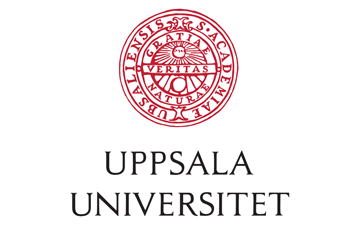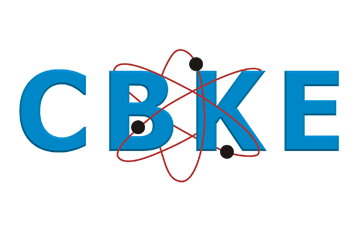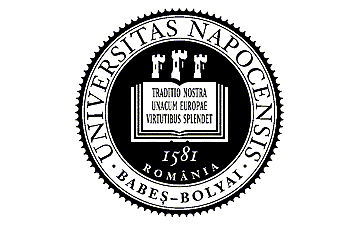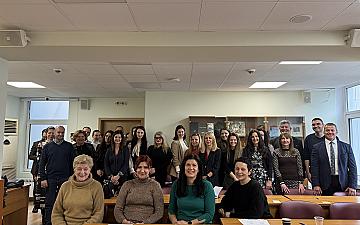The e-Justice approach uses ICT to improve citizens' access to justice and to make legal action more effective, the latter being understood as any type of activity, involving the resolution of a dispute or the punishment of criminal behaviour. In general, each service that provides information in electronic form related to the judicial system, as well as the electronic exchange of judicial information through the communication networks, could be categorised as a service in the e-Justice area.
Since its establishment, Law and Internet Foundation has worked explicitly to enhance the professional standards of the Bulgarian juridical society as being part of the information society, and for an overall reform of the judicial system in the direction of e-Justice development.
The LEX Online Legal Guide’s concept originated in 2002 and was aimed at setting up a working system for legal information online. The underlying purpose of the first stage was the development and maintenance of a comprehensive database, in English and Bulgarian, containing up-to-date and useful legal information. Part of the project activities’ was also the publication of legislative acts dealing with the legal status, activities, and code of conduct of the legal professionals, as well as promotion of different research analysis and publications, related to the legal profession. The successful results of the project and the beneficiaries’ positive feedback motivated Law and Internet Foundation to continue and enrich the initiative by complementing the existing database with information about the industrial property representatives, penal institutions, law clinics, law departments, and professional bar associations in Bulgaria. In addition to the available ordinances, the project provided free access to all valid legislation. Later on, after the second stage, the online project platform has been transformed and has started its own existence converting itself into the biggest Bulgarian legal platform.
In 2003 Law and Internet Foundation elaborated the very first pilot project “On-line Broadcasting of Lawsuits and Trails in Bulgaria”, implemented partnership with the Varna District Court and the Bulgarian legal portal LEX.BG. The initiative was self-financed, with the support of the Canadian International Development Agency. Amongst the project’s objectives was enhancing the public trust and respect to the Bulgarian judicial system, increasing transparency in magistrates’ work and responsibilities, and preventing corruption in the justice administration by online live broadcasting of real legal proceedings on the Internet. The specific activities included the following: broadcasting of lawsuits and trials of public interest, initiating public debates online, and archiving the broadcasted proceedings in order to disseminate them with educational purposes. Furthermore, the project received the support and approval of the Ministry of Justice of Bulgaria, The Union of Bulgarian Jurists, American Bar Association – “Legal Initiative of Central Europe and Eurasia” (ABA/CEELI), and the Supreme Bar Council.
From 2002 to 2005 Law and Internet Foundation team was supporting the development of web pages of the Supreme Bar Council’s attorney-at-law register and those of all the 28 bar associations in Bulgaria. Furthermore, Inin 2009, upon assignation of the Supreme Judicial Council, the Law and Internet Foundation’s experts developed a package of normative acts for implementation of the electronic documents and electronic signatures in the judiciary. Later on that year, LIF experts produced an analysis on the legal issues stemming out of a Statement of the Personal Data Protection Commission to the Judiciary, regarding the implementation of Art. 64, Para. 1 of the Judiciary Act, based on thorough analysis of the Bulgarian legislation and its harmonization with the European legislation
LIF has successfuly implemented a number of international initiatives incorporating themes related to e-justice, including the European projects INNOCENT, FORMOBILE, FAIR, e-MEDIATION and EVIDENCE. For instance, the INNOCENT project - ‘Improving the application of the presumption of innocence when applying electronic evidence’, which was coordinated by the Law and Internet Foundation had a strong legal focus, aiming to enrich judges, prosecutors, and lawyers with enhanced knowledge on electronic evidence, enabling them to operate in a more reliable, evidence-based, and transparent manner. To achieve this goal, the project’s planned activities consisted of co-creating training materials, holding capacity-building events, and compiling policy guidelines and recommendations.
With its long years of expertise in the field, the Law and Internet Foundation has truly managed to enhance professional standards and facilitate the development of e-justice. Through its active involvement in international initiatives and resolution of intricate legal issues related to complex technological advancements, LIF has helped to create a digital environment that is more transparent and compliant with the law. Through responsible and knowledgeable legal advice, its continuous efforts support the modernization of legal practices to ensure true justice.
Projects
- Improving the application of the presumption of iNNOCENce when applying elecTronic evidence (INNOCENT)
- From mobile phones to court – A complete FORensic investigation chain targeting MOBILE devices (FORMOBILE)
- Enhancing the Fair Trial for people suspected or accused of crimes (FAIR)
- e-MEDIATION: promoting ICT tools to cross-border disputes resolution
- European Informatics Data Exchange Framework for Courts and Evidence (EVIDENCE)











